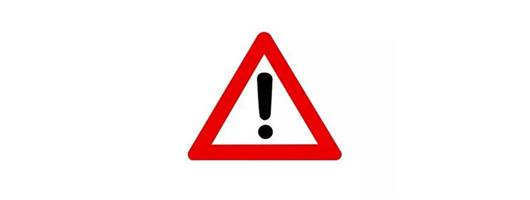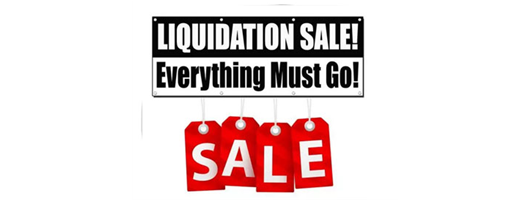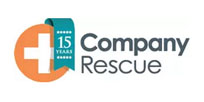Quick Links:
Products

Cash Flow Problems and How to Solve Them
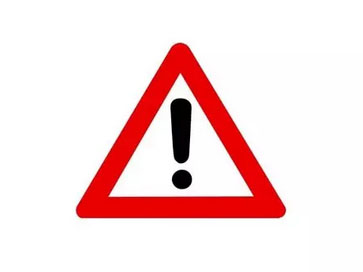
Warning Signs of a Struggling or Insolvent Business
If you recognise too many of the following signs, then it is likely that your business is under pressure, at risk, or it could be be insolvent.
Signs regarding the bank:
Your overdraft is always at the limit
Your bank always request more information
Your bank has returned cheques
Your bank has refused to increase your overdraft
Your bank refuses to provide a Loan
Your bank has refused to provide an Enterprise Financial Guarantee loan
Your bank has asked for facilities to be reduced
Your bank wants to introduce investigating accountants
Your bank wants personal guarantees
Your bank asks for increased security and/or personal guarantees
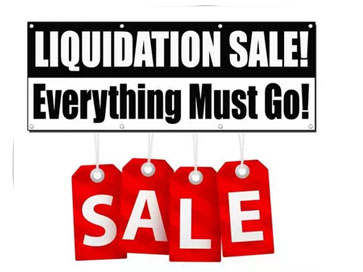
Creditors Voluntary Liquidation?
Creditors Voluntary Liquidation
Compulsory Liquidation
Members Voluntary Liquidation (cash is returned to the members as the company is solvent )

Help for Companies and Businesses Affected by Coronavirus (COVID-19) and Lockdown
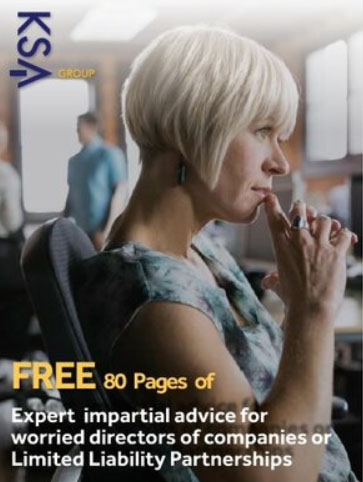
New 2020 Worried Directors Guide
Will the bank call in my loans?
Poor cashflow?
What a personal guarantee means for you
What will HMRC do?
How will Corona Virus affect us? ( see our page here )
Employment compliance and pensions
Marketing and product/ service delivery
Producing meaningful management accounts on time
Keeping up to date with tax reporting and legislation change and filing annual accounts or tax returns
Dealing with banks investors, online lenders, raising working capital
Leasing or renting property
How to pay HMRC
How to win new work
How to pay wages on pay day
Wrongful trading or being made personally liable for company debts
Suffering from stress or losing your property because of a badly performing business
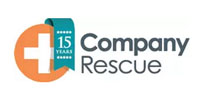
Assess Your Situation
You may be really good at running a business in the good times. But no one has trained you or your fellow managers for difficult times and nothing except experience prepares you for when the pressure starts to build.
What kind of pressure can you face running a business? There are lots of pressures but the one that usually worries people the most is simply cash flow pressure, or the lack of cash to be precise.
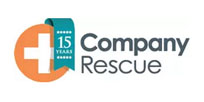
Options
You can get lots of help right here! We are here to help you take back control of your business and ensure that you put worry behind you.

How to Close Down A Limited Company
Final corporation tax and VAT payments
Final accounting fees
Bank loans and overdrafts
Any money owed to shareholders or directors
Any remaining accounts owed to trade suppliers
Any outstanding payments of PAYE and National Insurance on the payroll
Any ongoing commitments, including hire purchase or lease agreements
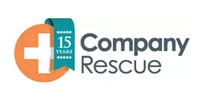
Guides & Knowledge
When you call our freephone number 0800 9700539 you will quickly speak to someone who wants to help you, not criticise you. We help people like you every day - imagine how you will feel when we start to lift the load off your shoulders?

Funding for Companies in CVA

Costs of Liquidation
The cost of liquidation depends on the complexity of the case. This is based on factors such as;
Whether the company is trading or not.
Number of employees
Number of creditors, and how much it owes them
Value of its assets, including money it is owed by debtors
Director and shareholder profile
The quality of the financial information available.
Generally, the costs start at around £3500 + VAT. This would be for liquidating a company with a single creditor, such as having an unpaid Bounce Back Loan (BBL) or HMRC. For more than one creditor issue, we would expect the fee to be approximately £3,750-4,000 plus VAT. For more complex issues including companies who have landlords, employees, BBLs and supplier debts we will provide a written quote after our meeting with the directors to discuss the company’s options. Do get in touch to discuss your company’s liquidation, don’t delay and hope the problem will go away!
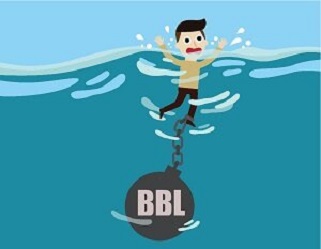
Can''t Pay Back Bounce Back Loan
Our firm advice is this. DO NOT run down the bounce back loan cash until there is nothing left to pay creditors, wages or the cost of liquidation.

Stop A Winding Up Petition
A winding up petition is a legal notice put forward to the court by a creditor. The creditor petitions to the court if they are owed more than £10,000 and it has not been paid for more than 21 days. The application, in effect, asks the court to liquidate the company as they believe the company is insolvent. Proceeds of the liquidation can be used to pay back creditors. HMRC issue about 60% of all the winding up petitions.

Liquidate A Limited Company
Remember that a failure of a limited company does not mean that you are a failure.
As long as you have not done anything fraudulent or have wilfully neglected or made the creditors situation worse you do not have much to worry about.
In a liquidation your staff (and this could include you) will be paid redundancy by the government.

Process of a CVL

London Insolvency Practitioners
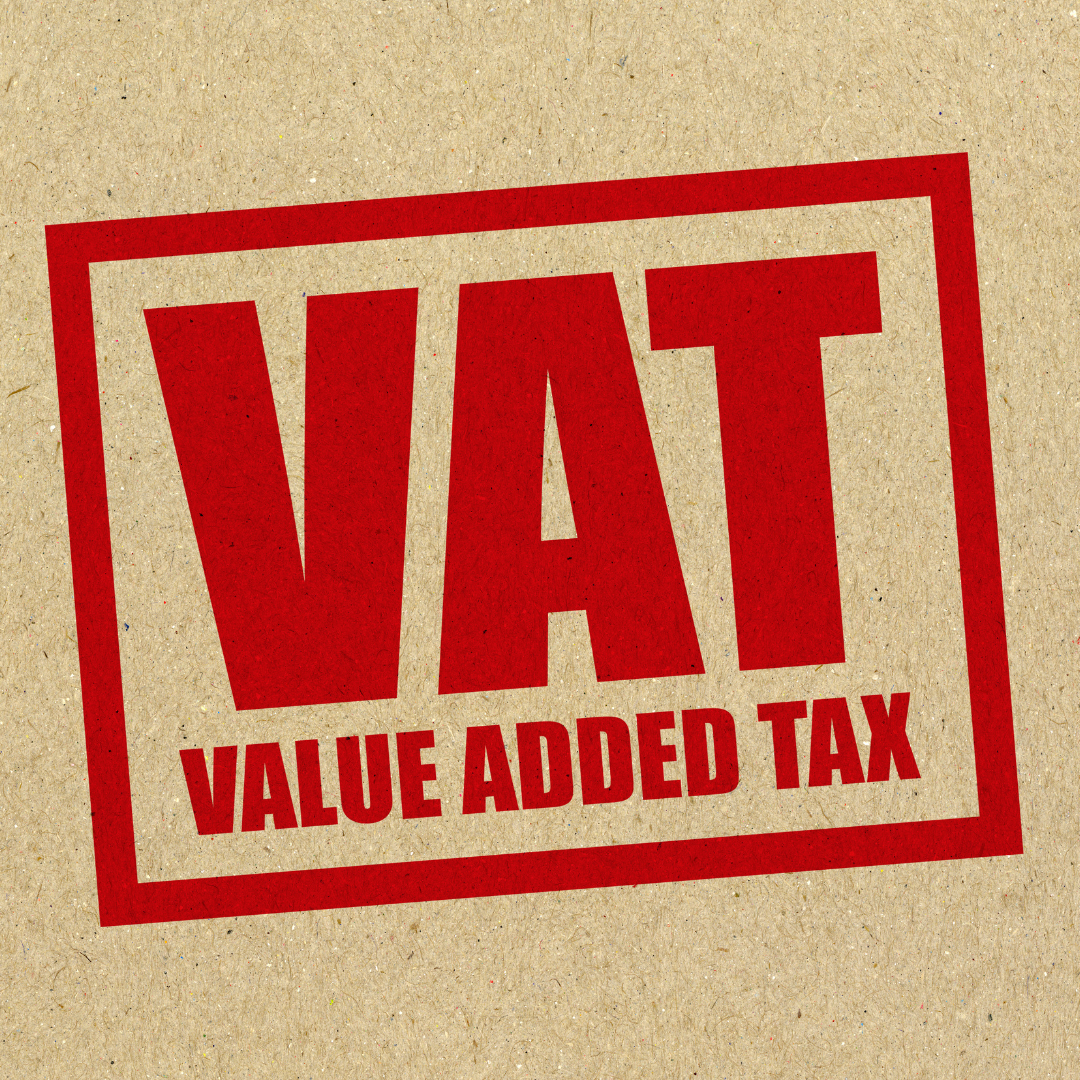
I Can''t Pay My VAT Bill
About us
We as a company specialise in cash flow problems and how to solve them, the warning signs of a struggling company, the meaning of liquidation, help for businesses affected by Covid-19, guidance for worried directors, hospitality rescue, assessing numerous situations, how to close down a limited company and so much more. We have enough knowledge and experience within the insolvency industry to provide excellent service to clients from beginning to end.
Images

